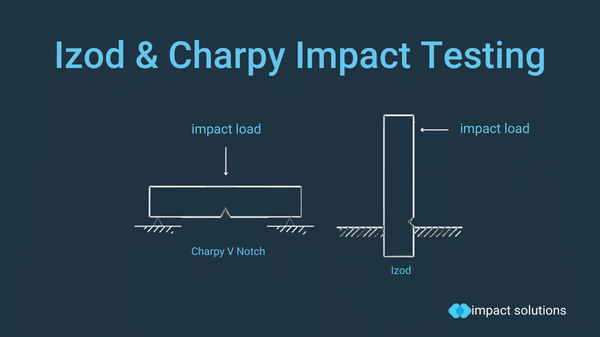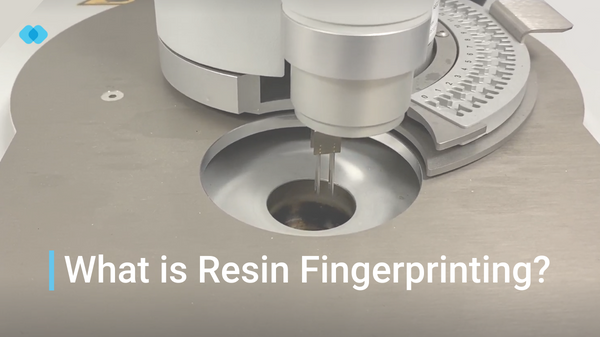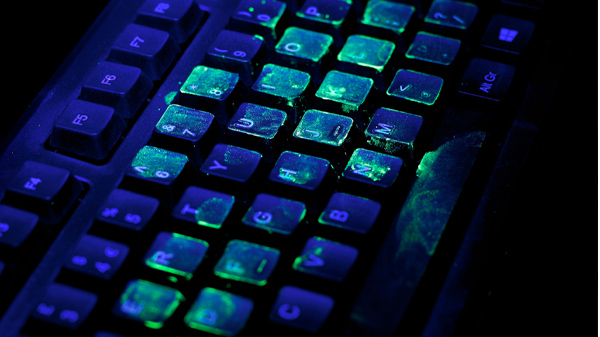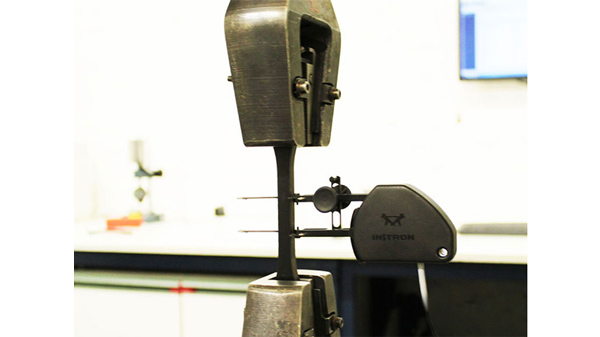Small Scale Mixing
Small scale mixing is used for blends development, testing rheological properties, quality control and laboratory scale compounding. Impact Solutions use a Brabender plastograph, which is a universal torque rheometer used to measure the torque and temperature changes while melt mixing plastics.
How it Works
A weighed amount of polymer with additives is mixed inside the mixer unit of the Brabender. The thermocouple in the mixer measures the changes in stock temperature with time. Torque is measured as the resistance experienced by the mixing heads to mix the polymer. A graph or torque/temperature against mixing time is plotted in real time. This graph can be used to study various rheological properties of the blend. It also shows various phases through which the material undergoes and can be used to determine the effectiveness of stabilizer/plasticizer, decomposition time/temperature etc. Effect on crosslinking properties with temperature and dwell time can also be studied.
We have used our Brabender plastograph extensively for formulation development and R &D. Recently we developed an adhesive formulation for binding woven fabric sheets onto polypropylene sheets. We developed a formulation for using recycled plastics waste and making them into plastic wood. For this project we blended different mixes, pressed plaques and prepared specimens and performed flex tests. The blend with best properties and cost effective was selected.
We frequently use our Brabender as a small scale mixer to test various fillers, additives, pigments etc. We use it to blend flakes mostly from recycled plastics to form a homogeneous blend which can then be tested to generate a datasheet for the material.







